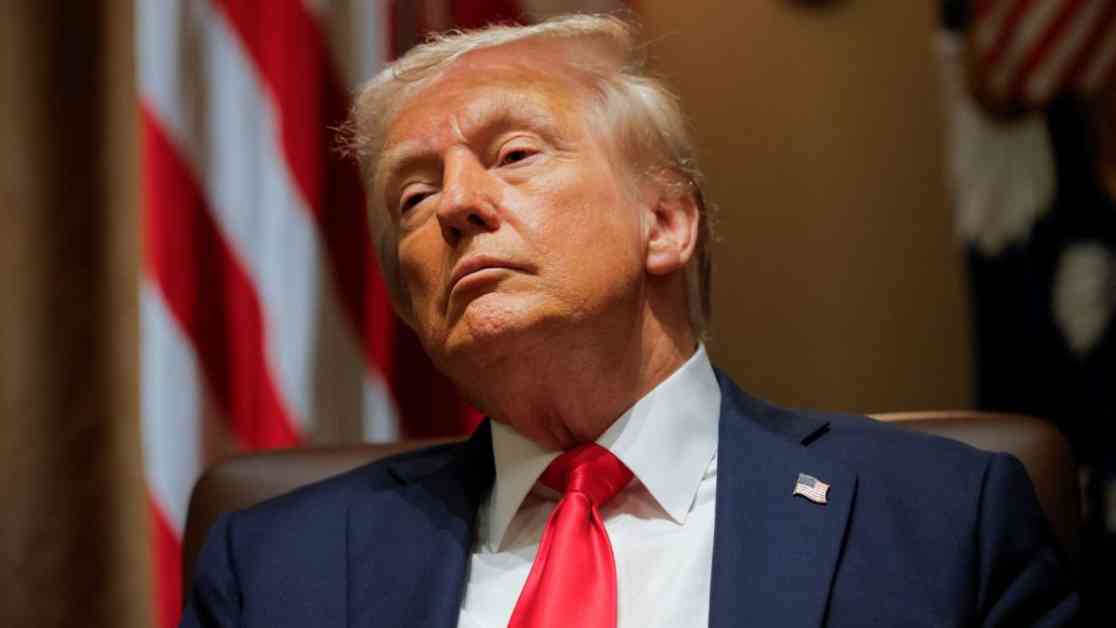President Trump’s Tariffs: A Closer Look at the Impact on Illinois Economy
President Donald Trump recently announced the implementation of new tariffs targeting goods from Canada, Mexico, and China. These tariffs, set at 25% for Canadian and Mexican imports and an additional 10% for Chinese goods, are scheduled to take effect next week. Trump justified these measures as necessary to combat the influx of illegal drugs into the United States and to address what he perceives as unfair trade practices by China. The looming threat of tariffs has caused significant volatility in major stock exchanges, drawing attention to the potential economic implications of these decisions.
Illinois Stands to Feel the Effects
In Illinois, the state’s two largest trading partners are Canada and Mexico. As such, the proposed tariffs have the potential to disrupt various businesses and farms across the state. Mark Denzler, President and CEO of the Illinois Manufacturers’ Association, highlighted the possible repercussions for Illinois companies that manufacture large equipment and automobiles. He pointed out that tariffs on Canadian crude could lead to increased costs at the gas pump, affecting consumers directly. Additionally, the reliance on food imports from Mexico and Canada may result in price spikes at grocery stores, impacting households across the state.
Denzler acknowledged that while targeted tariffs might yield positive results in terms of boosting American manufacturing, there is a general consensus among economists that increased costs are inevitable. The debate lies in whether these costs are justified by the potential long-term benefits to the domestic manufacturing sector. The Illinois Farm Bureau is closely monitoring the situation, recognizing that not only imports but also exports could be affected if Canada and Mexico decide to impose retaliatory tariffs.
Political Backlash and Concerns
Senator Dick Durbin of Illinois expressed strong opposition to the proposed tariffs, warning of their potentially disastrous consequences for the state and the nation as a whole. Durbin criticized the tariffs for driving up costs for manufacturers, disrupting supply chains, and instigating reciprocal tariffs from other countries. Given Illinois’ significant trade relationships with Canada and Mexico, local businesses that rely on importing and exporting goods are poised to bear the brunt of the fallout from these policies. The uncertainty surrounding the future of trade relations has sparked anxiety among various sectors of the Illinois economy.
President Trump’s Optimism amidst Uncertainty
Despite the mounting concerns and criticisms, President Trump remains resolute in his belief that tariffs are essential for revitalizing American prosperity. Trump’s rhetoric emphasizes the need for the U.S. to regain its economic strength and independence through these measures. The President’s unwavering commitment to protecting American interests is a central theme in his defense of the tariffs, positioning them as a means to secure the nation’s economic future. As the countdown to the implementation of tariffs continues, stakeholders in Illinois and beyond are bracing themselves for the potential ramifications of these policy decisions.












